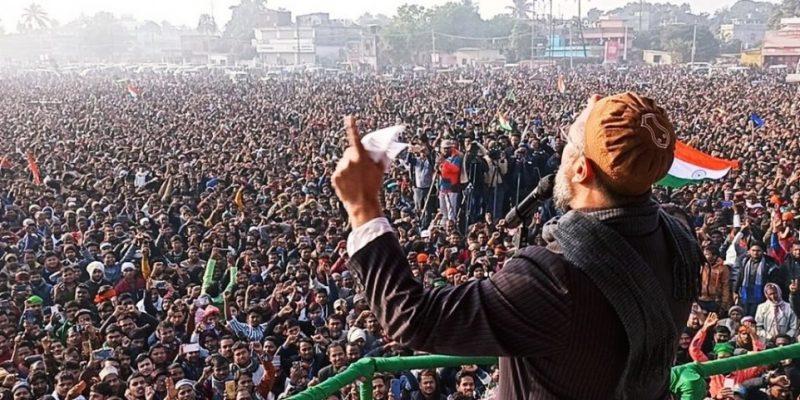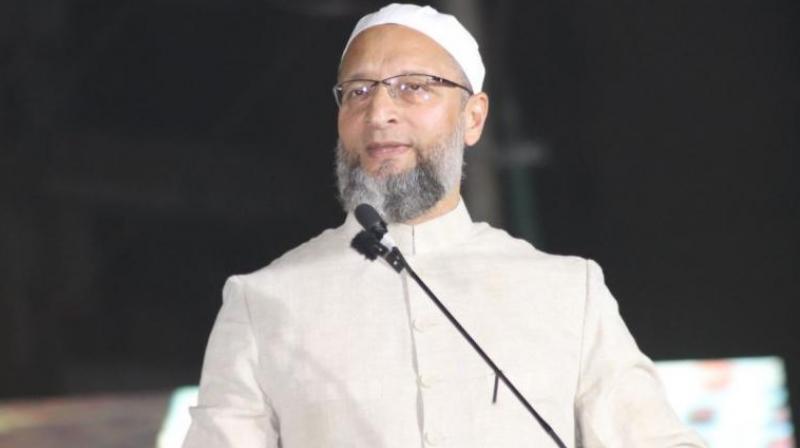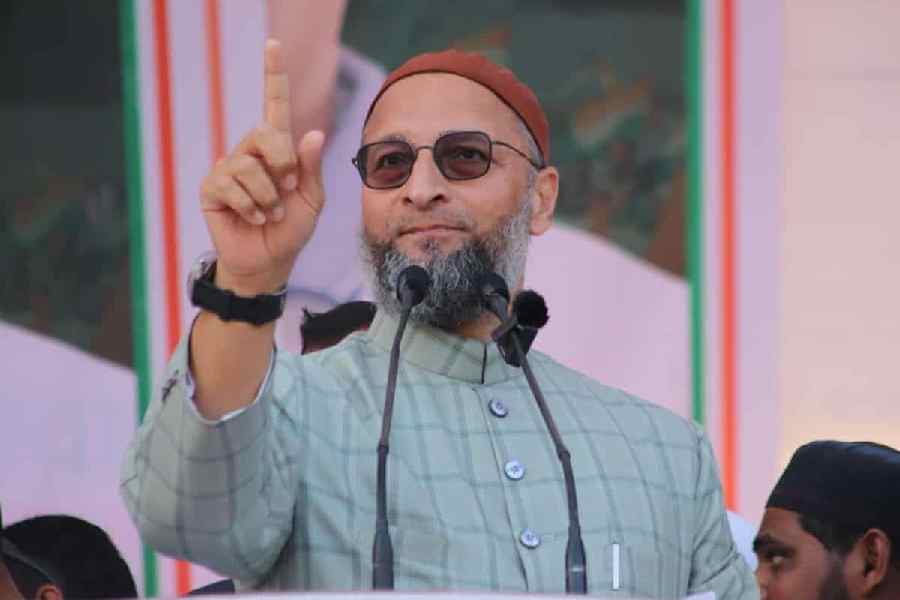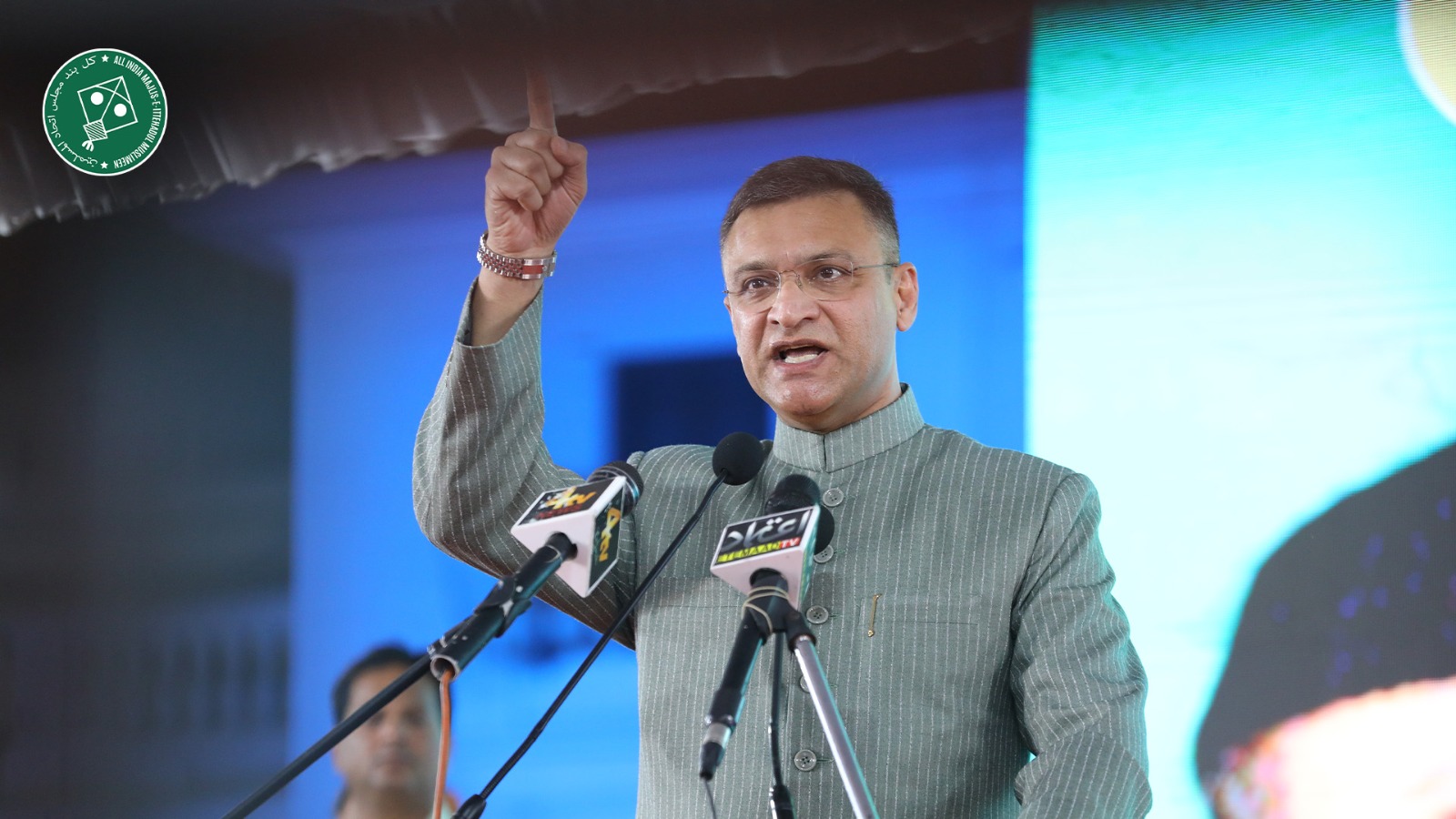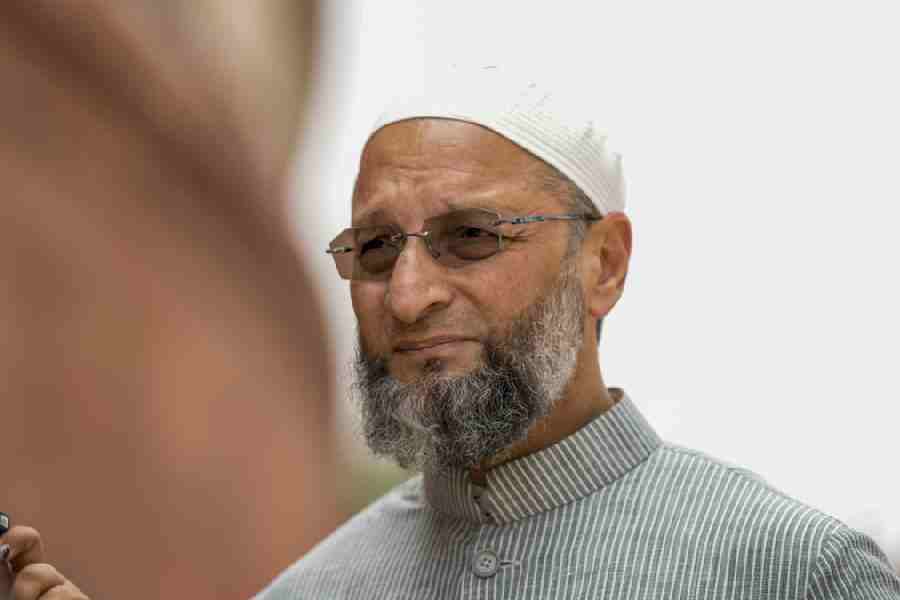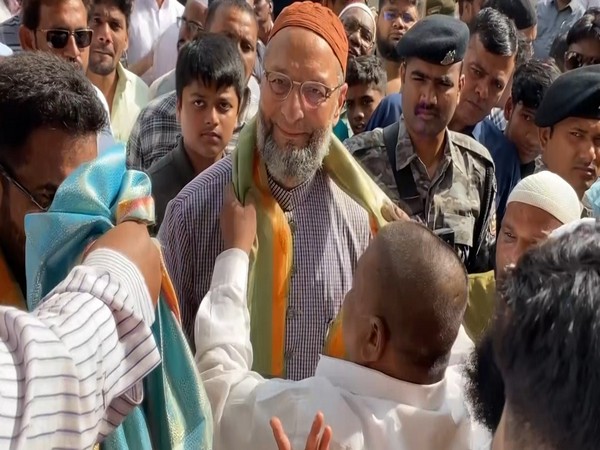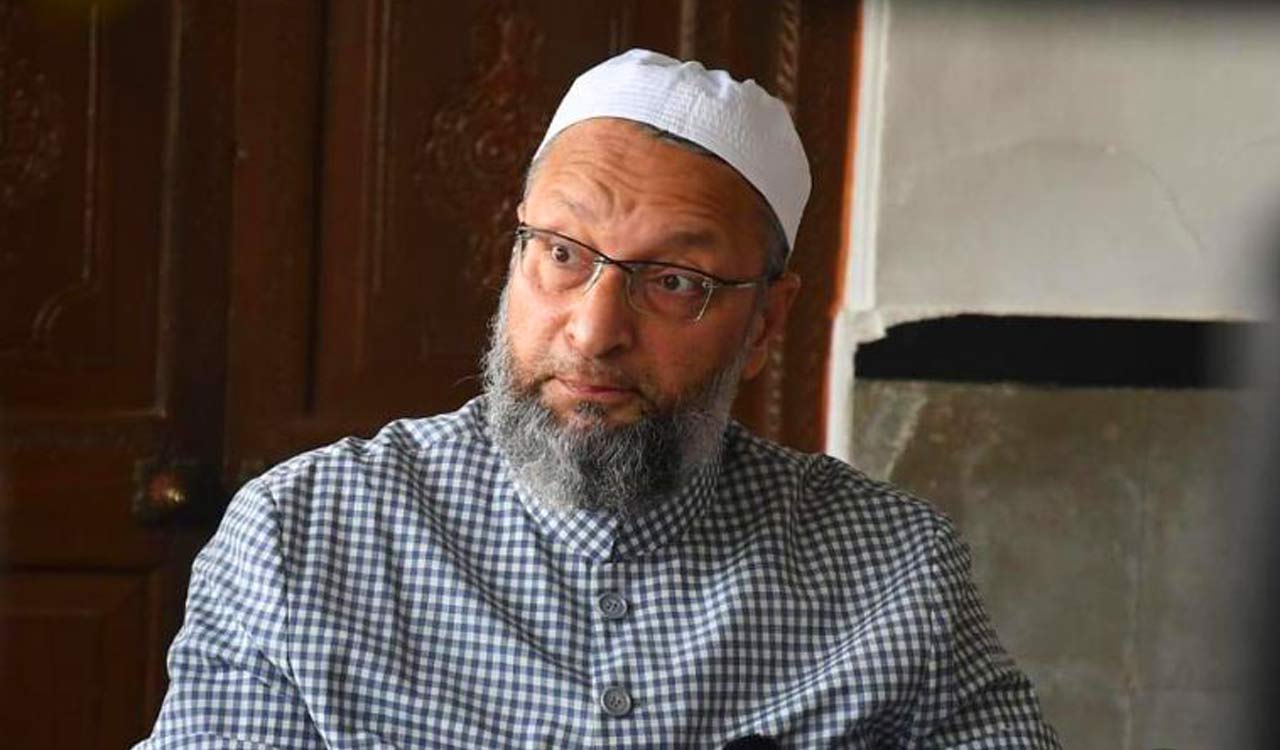Pentagon chief visits Afghanistan after deadly Taliban attack
Tue 25 Apr 2017, 09:01:25
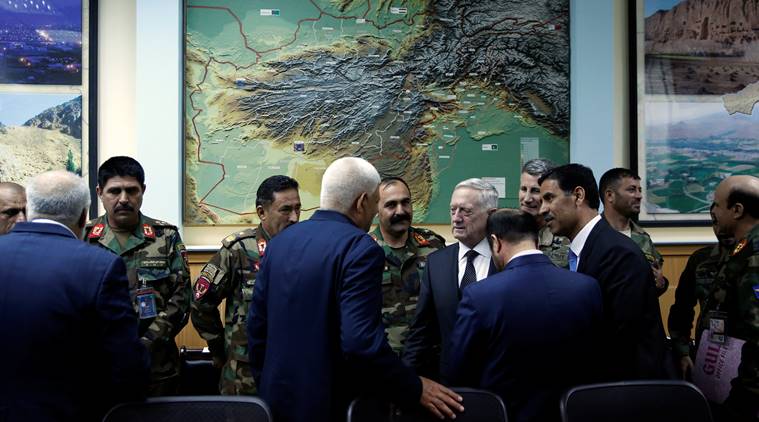
KABUL: US Defense Secretary Jim Mattis arrived in Afghanistan on an unannounced visit Monday, hours after his Afghan counterpart resigned over a deadly Taliban attack that triggered anger and left the embattled army in disarray.
Mattis, making his first visit to Afghanistan as Pentagon chief, met top officials including President Ashraf Ghani, less than two weeks after the US dropped its largest non-nuclear bomb on Islamic State hideouts in the country’s east.
He arrived as Afghan security forces, already paying a heavy price against the resurgent Taliban ahead of the spring fighting season, faced chaos with the resignations of Defense Minister Abdullah Habibi and army chief Qadam Shah Shaheem.
The resignations, along with the announcement of a corps commanders reshuffle, followed fury over Friday’s Taliban assault on an army base outside the northern city of Mazar-i-Sharif.
Gunmen in soldiers’ uniforms and armed with suicide vests entered the base in army trucks and opened fire at unarmed troops in the mosque and dining hall in one of the deadliest-ever Taliban attacks on an Afghan military target.
Authorities have so far ignored calls to break down the official toll of more than 100 soldiers killed or wounded.
They have been known to minimize casualties in such attacks in the past, and some local officials have put the number of dead alone as high as 130.
The raid, the latest in a series of brazen Taliban assaults, underscores the insurgents’ growing strength more than 15 years since they were ousted from power by the US invasion of 2001.
Up to ten army personnel have been arrested and are being questioned as suspects, a military spokesman attached to the base told AFP, amid fears it could have been an insider attack.
Afghans have slammed the government for its inability to counter the attack, though Habibi told a press conference Monday his resignation was voluntary and compared himself to “a soldier who sacrifices in battle.”
“Nobody in the world has been able to prevent such attacks,” he said of the base assault. “It is an intelligence war and a war on terrorism. It is very difficult.”
Habibi repeated that more information about the death toll would be given when an investigation is complete, though he
admitted the casualties were “high.”
admitted the casualties were “high.”
Shortly after Mattis landed, militants carried out a suicide attack aimed at a joint US-Afghan military base in the southeastern province of Khost, officials said.
There was “no news” on possible casualties after the bomber detonated at an Afghan-guarded checkpoint close to Camp Chapman on the outskirts of Khost city, provincial police chief Faizullah Ghairat told AFP.
Earlier this month the US dropped a GBU-43/B Massive Ordnance Air Blast, dubbed the “Mother of All Bombs,” on Islamic State hideouts in the eastern province of Nangarhar and killed nearly 100 militants, according to unverified figures from Afghan officials.
The attack triggered global shockwaves, with some condemning the use of the weapon against a militant group that is not considered as big a threat as the Taliban.
The Pentagon chief, who is on a tour of the Middle East and Africa, is the second senior US security official to visit Afghanistan this month: National Security Adviser General H.R. McMaster arrived in Kabul days after the MOAB was dropped.
Mattis, who has previously served with the US military in Afghanistan, has said he is compiling an assessment for President Donald Trump on the brutal and seemingly intractable conflict.
The Afghan war is the longest in US history but Trump has scarcely mentioned it — other than to call the MOAB strike a success — since entering office.
Mattis said in February his commander-in-chief had been “rightfully reticent” on the matter because he was waiting for input from his generals.
The US has around 8,400 troops in the country with about another 5,000 from NATO allies assisting a much larger Afghan force in the war against the Taliban and other Islamist militants. The US commander in Afghanistan General John Nicholson has called for “a few thousand” more troops.
Afghan troops and police, beset by killings and desertions, have been struggling to beat back insurgents since US-led NATO troops ended their combat mission in December 2014.
According to US watchdog SIGAR, casualties among Afghan security forces soared by 35 percent in 2016, with 6,800 soldiers and police killed.
More than a third of Afghanistan is outside government control.
No Comments For This Post, Be first to write a Comment.
Most viewed from International
Most viewed from World
AIMIM News
Asaduddin Owaisi files nomination papers on Friday
Apr 20, 2024
Owaisi Begins Election Campaign in Hyderabad
Apr 13, 2024
Bring back Indian workers in Israel: Owaisi
Apr 13, 2024
Latest Urdu News
Most Viewed
May 26, 2020
Do you think Ruturaj Gaikwad would be a good captain for Chennai Super Kings?
Latest Videos View All
Like Us
Home
About Us
Advertise With Us
All Polls
Epaper Archives
Privacy Policy
Contact Us
Download Etemaad App
© 2024 Etemaad Daily News, All Rights Reserved.

.jpg)
.jpg)
.jpg)
.jpg)
.jpg)
.jpg)
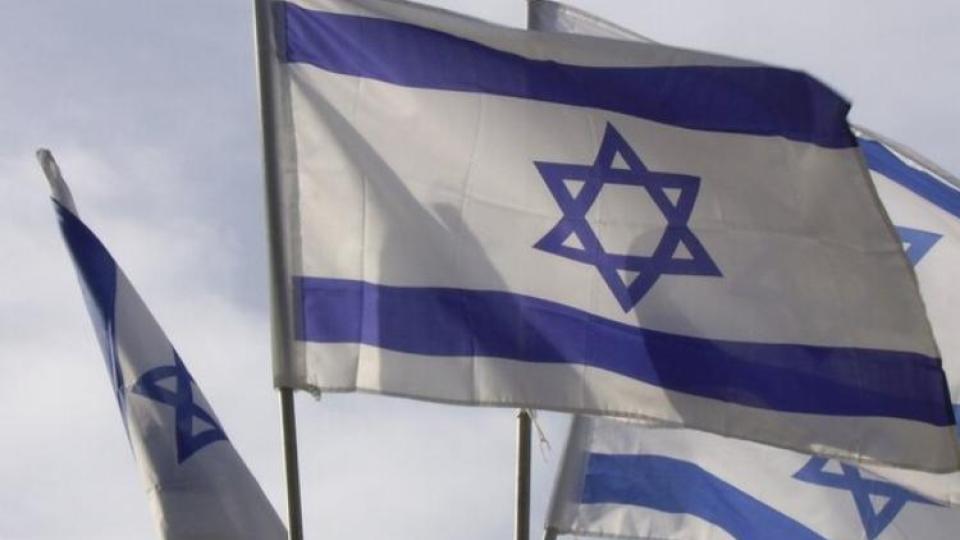
.jpg)
.jpg)
.jpg)

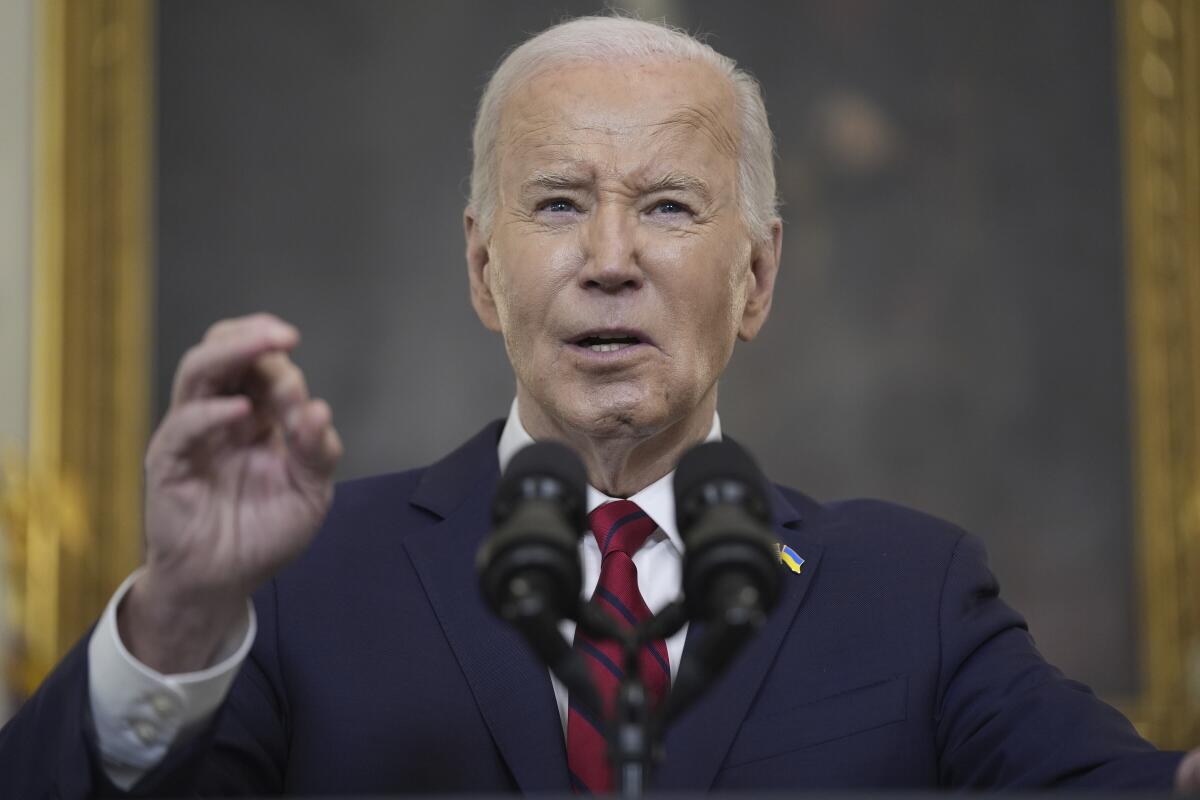
.jpg)
.jpg)
.jpg)
.jpg)
.jpg)
.jpg)
.jpg)
.jpg)
.jpg)
.jpg)
.jpg)
.jpg)



